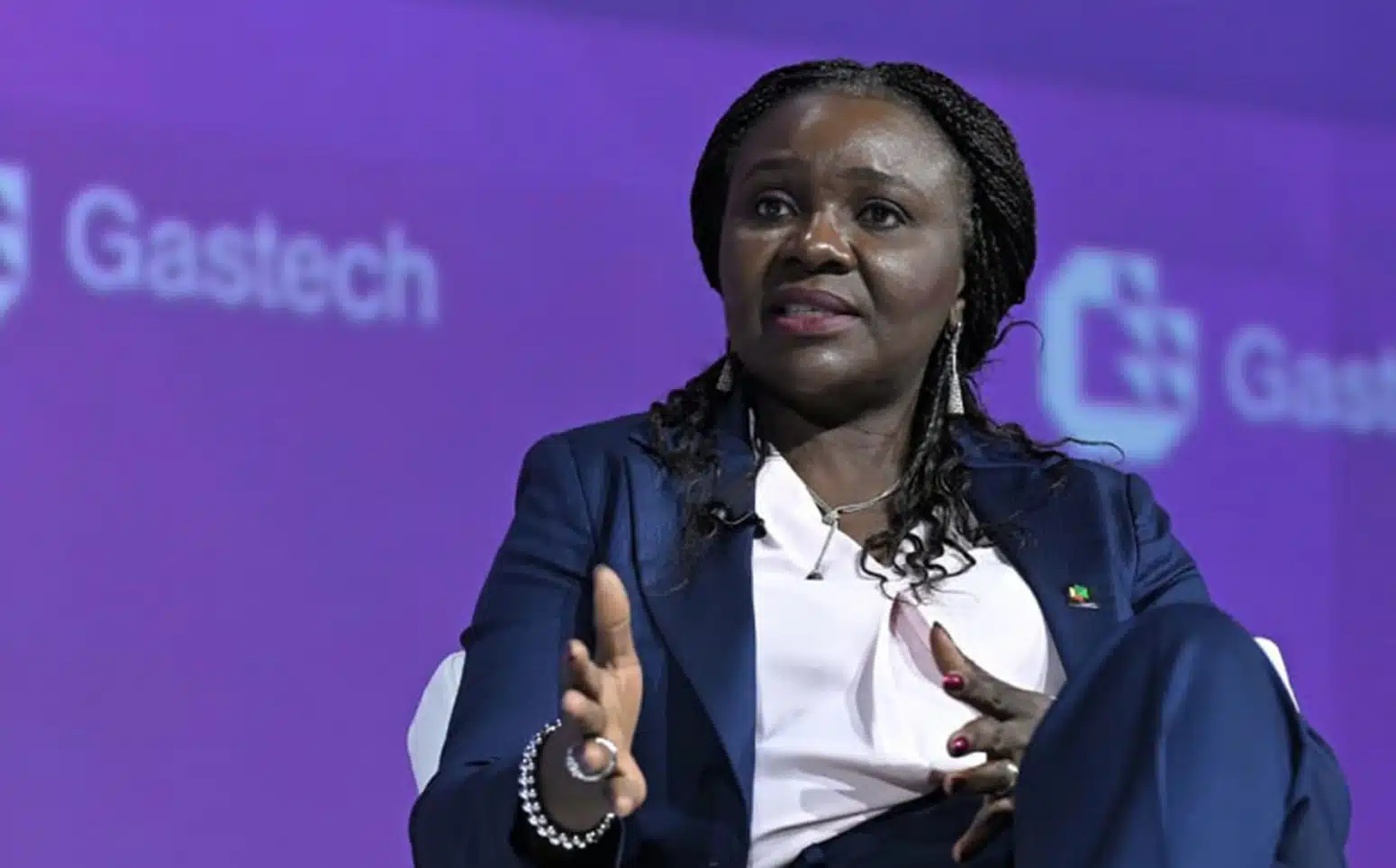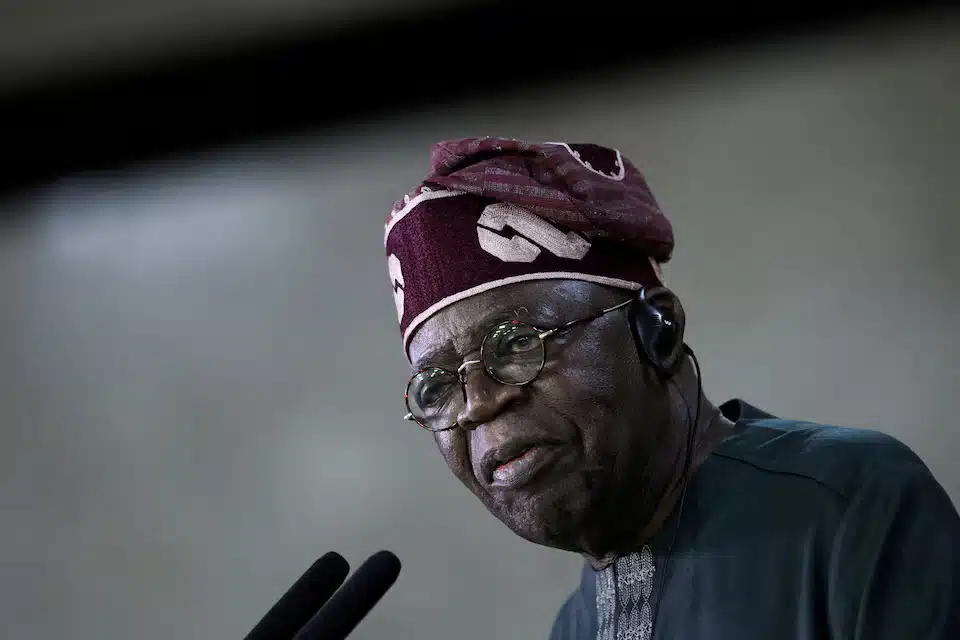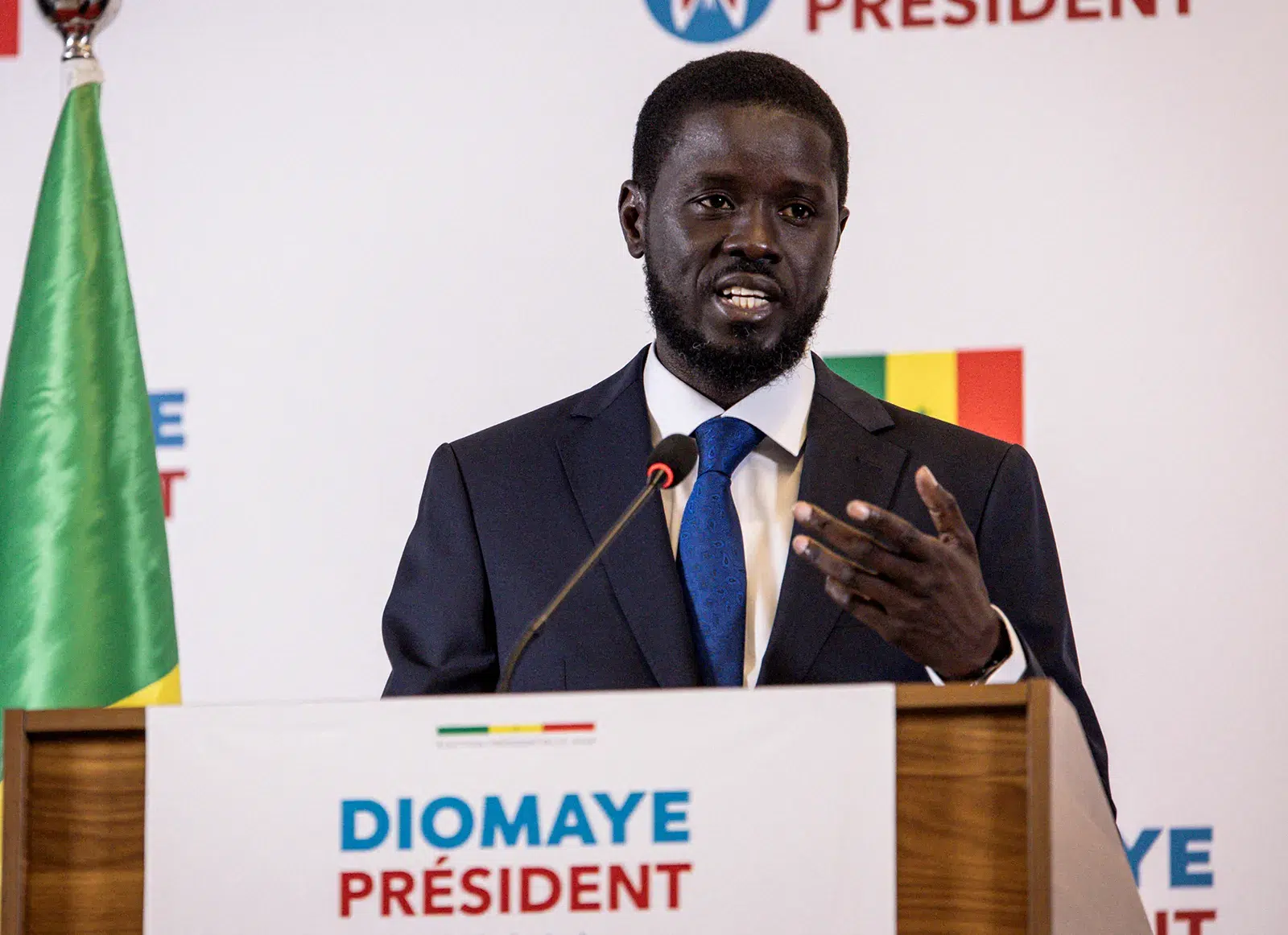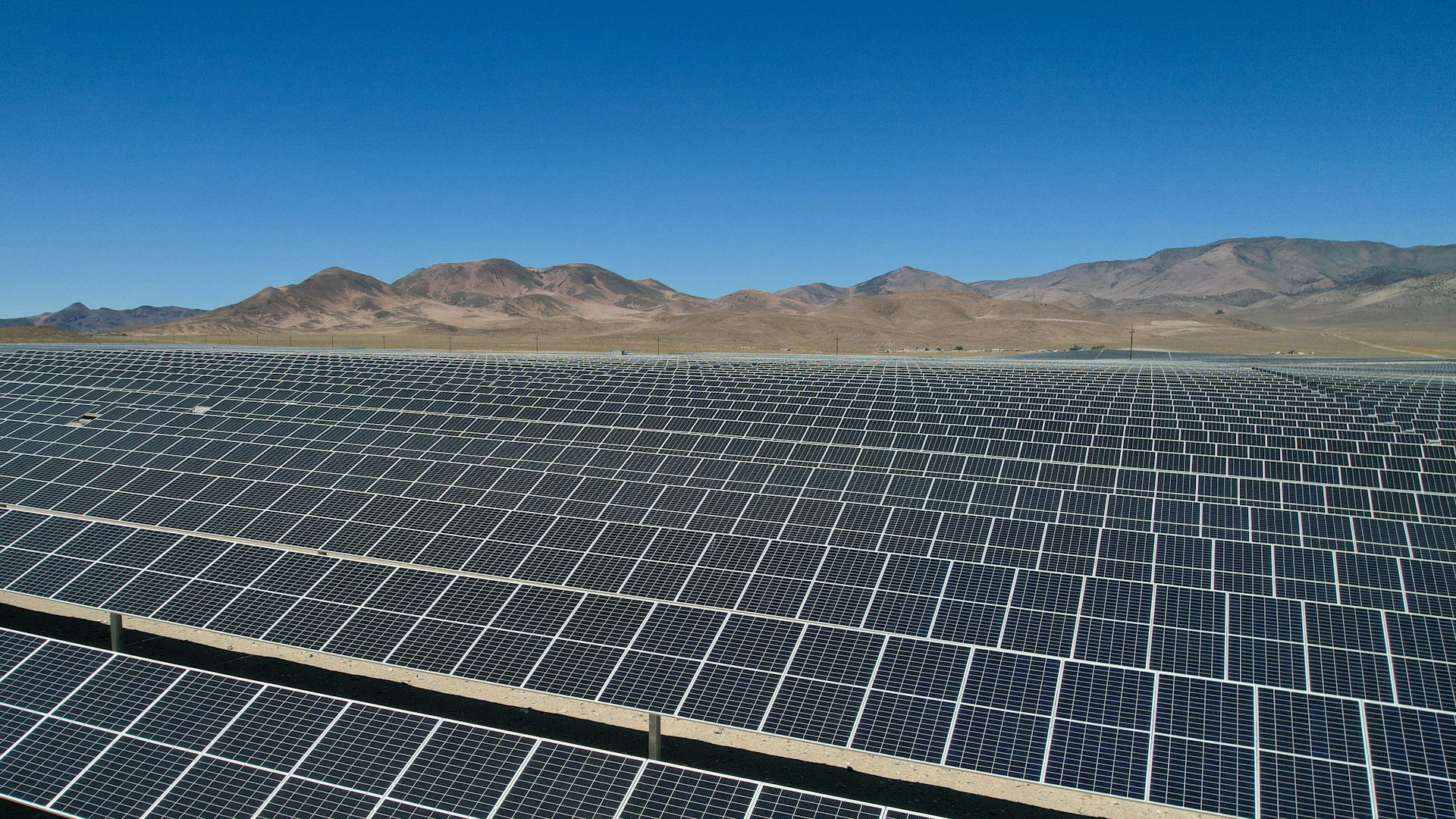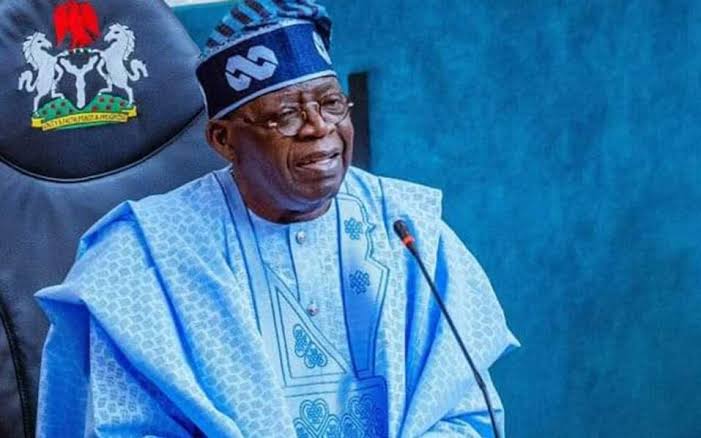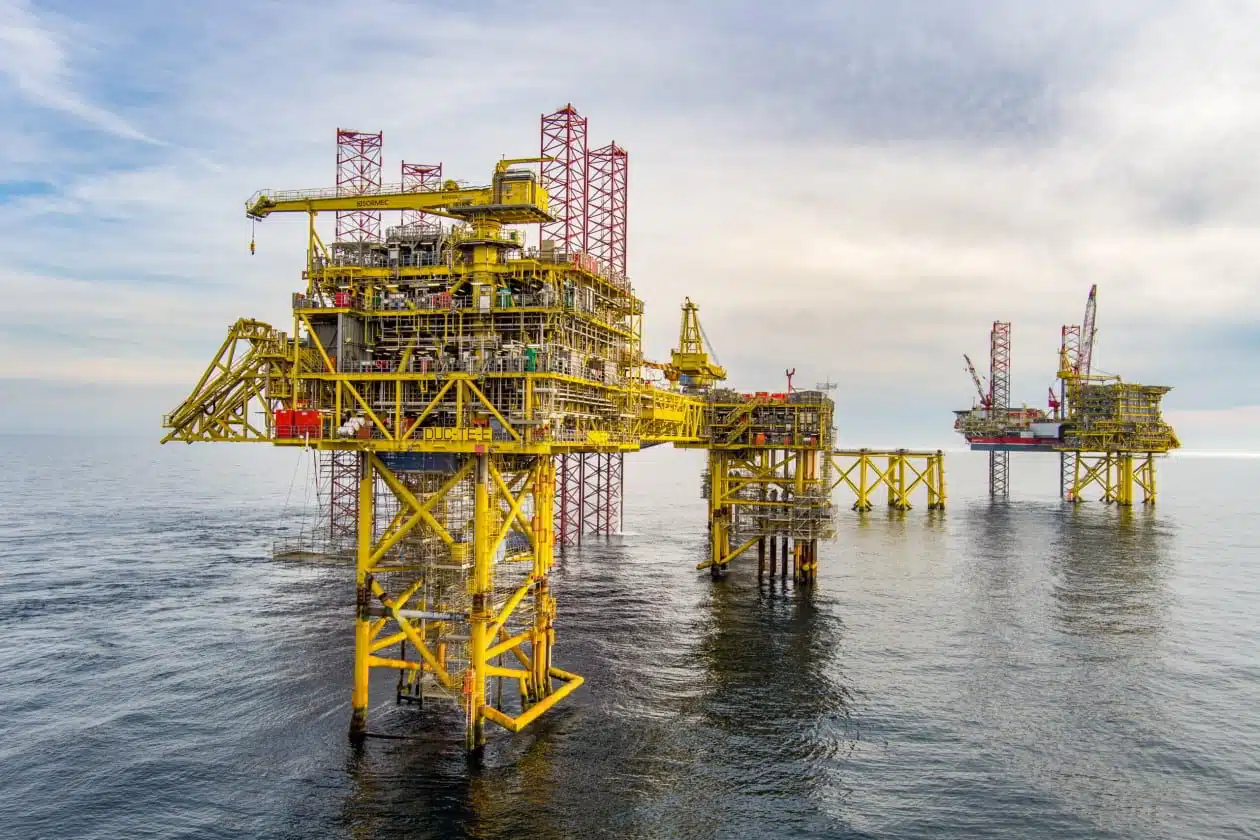The Nigerian Upstream Petroleum Regulatory Commission (NUPRC) has dismissed speculations that international oil companies (IOCs) are abandoning the country, insisting that recent industry developments prove otherwise.
NUPRC Chief Executive Gbenga Komolafe clarified this on Monday via the Commission’s verified X handle, following a courtesy visit by a Barclays Bank Plc delegation to its Abuja headquarters.
“There have been misconceptions in the public that IOCs are leaving Nigeria because of the recent divestments in the sector.
“But this is not true. What has been happening is that IOCs have been rebalancing their portfolios,” Komolafe said.
From onshore to deepwater investments
Over the last few years, IOCs that once dominated Nigeria’s onshore and shallow-water oil fields have shifted focus to deepwater assets. At least five such portfolio adjustments between 2024 and May 2025.
While the companies cite corporate strategy changes for this shift, many Nigerians believe it reflects an attempt to escape persistent security risks and community unrest in the Niger Delta.
Komolafe stressed, however, that “divestment is not exit.”
He explained that after farming out their onshore assets, IOCs have consistently ramped up deepwater investments, which offer lower operational risks and higher returns.
“IOCs participated in the last bid rounds. The recent signing of the production sharing contract between NNPC and TotalEnergies is another evidence that Nigeria remains an investment hub,” Komolafe added.
Notably, Nigeria accounted for three of the four Final Investment Decisions (FIDs) recorded in Africa’s oil and gas sector in 2024.
While most of these projects are yet to take off due to technical and financing hurdles, industry watchers say they indicate continued IOC interest in the country.
Barclays signals interest in Nigerian oil projects
During the meeting, Karitkeya Rai, Director of Private Banking at Barclays Bank, said the London-based bank is open to financing oil and gas projects in Nigeria.
This commitment has surprised many, given Barclays’ earlier pledge to scale down fossil fuel financing.
In February 2024, the bank released a revised Climate Change Statement that imposed new restrictions on “energy clients engaged in expansion” and “non-diversified energy clients engaged in long lead expansion.”
“Addressing climate change is a critical and complex challenge. We continue to work with our energy clients as they decarbonise and support their efforts to transition in a manner that is just, orderly and addresses energy security,” Laura Barlow, Barclays’ Group Head of Sustainability, said at the time.
Barclays also stated it would “strengthen its commitment to the energy transition, with policies that will focus their capital and resources to the energy companies that play a key role in the transition.”
Still, climate groups remain sceptical, warning that loopholes may allow financing to flow to fossil fuel companies despite the bank’s stated restrictions.




